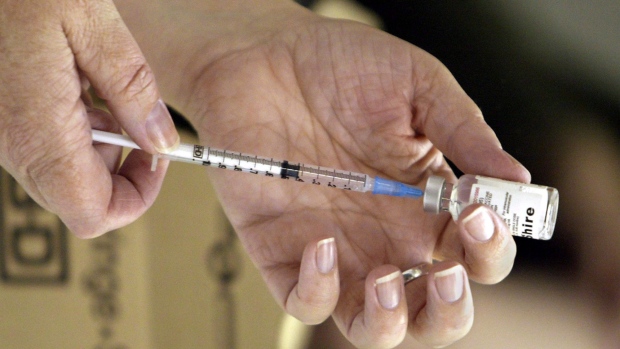HALIFAX – The Nova Scotia government says it could be months before it reveals how many people are on the wait-list for a family doctor.
The head of the province’s health authority told reporters Wednesday that the government won’t release updated data until the 160,000 people who were on the wait-list in June are contacted to verify whether they still need primary care.
Karen Oldfield said Nova Scotia Health is working on validating the primary care wait-list data before posting new numbers, and that work may take a matter of months. The most recent public wait-list figures are from June 1, when 160,234 people, or about 16 per cent of the population, were on it.
“It’s going to take time to make 160,000 calls,” Oldfield said. “We are not talking weeks, we are talking months.”
The interim CEO and president of Nova Scotia Health said people on the list are being asked where they live, whether they still need a family doctor, and to give an update on their health.
A spokesperson with the province’s Health Department says the government and its health authority are “working hard” to turn the wait-list registry into a useful tool, adding that the data will be shared once it is validated.
Nova Scotia’s NDP are calling on Premier Tim Houston to immediately release statistics on how many people are looking for a family doctor. On Tuesday, the NDP introduced a bill that would require the health minister to make the number public every month.
“It is unacceptable for the list to be more than three months out of date,” NDP Leader Claudia Chender said Tuesday.
Chender said releasing this data regularly is vital so Nova Scotians can track the government’s progress on its main 2021 campaign promise: fixing health care.
The number of people in need of a family doctor has more than doubled between the 2021 summer election campaign and June 2024. Since September 2021 about 300 doctors have been added to the provincial health system, the Health Department said.
“We’ll know if Tim Houston is keeping his 2021 election promise to fix health care when Nova Scotians are attached to primary care,” Chender said.
This report by The Canadian Press was first published Sept. 11, 2024.

























